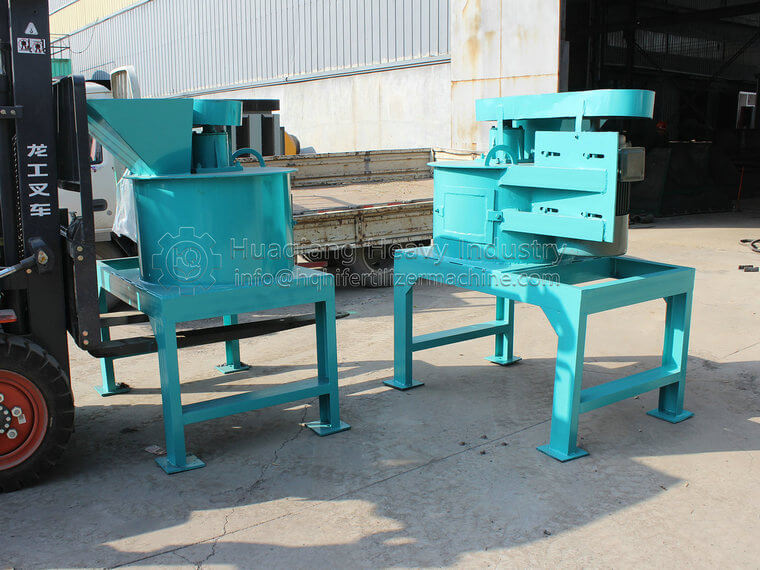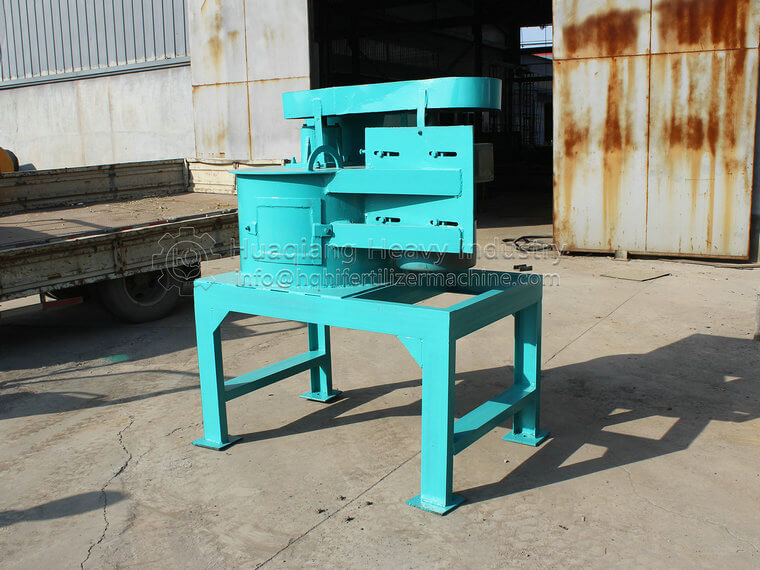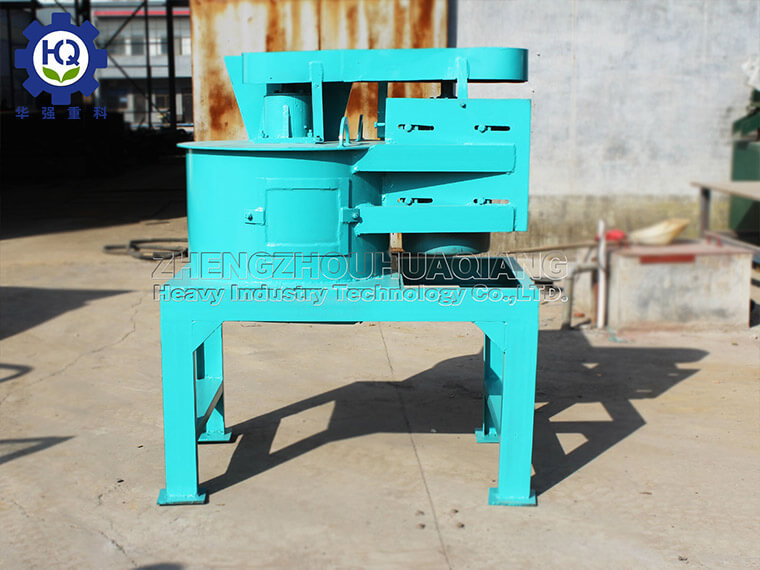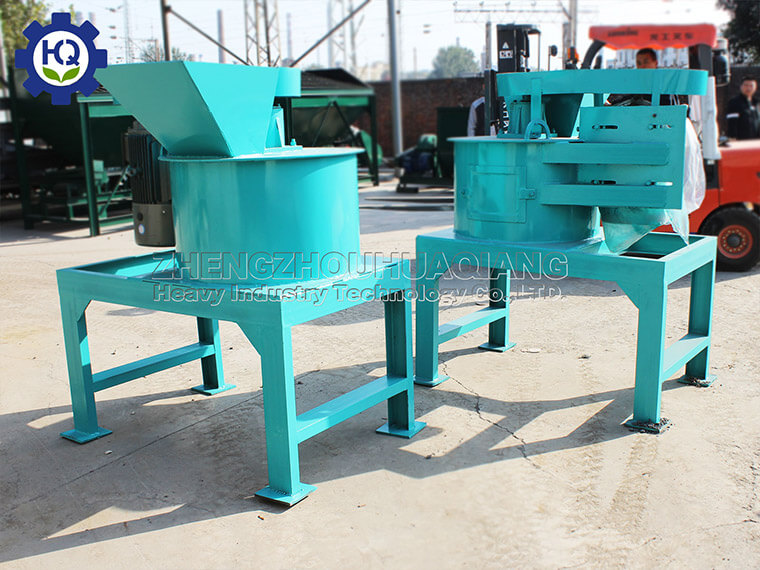The role of chain plate organic fertilizer turning machine in agricultural circular economy
Under the framework of agricultural circular economy, the chain plate organic fertilizer turning machine plays a crucial role and has become a key equipment for achieving agricultural resource recycling and sustainable development.
During the agricultural production process, a large amount of organic waste is generated, such as livestock manure, crop straw, etc. If these wastes are not handled properly, they will not only cause environmental pollution, but also waste a lot of resources. The chain plate organic fertilizer turning machine can convert these organic wastes into valuable organic fertilizers, achieving the recycling of resources.
Through the flipping operation of the chain plate organic fertilizer turning machine, organic materials undergo sufficient fermentation under the action of microorganisms. The uniform motion of the chain plate enables the material to flip evenly, ensuring consistency in the fermentation process. In this process, harmful substances in organic waste are decomposed, while producing humus rich in nutrients such as nitrogen, phosphorus, and potassium, which is high-quality organic fertilizer.
This organic fertilizer produced by a chain plate organic fertilizer turning machine has many benefits for the soil. It can improve soil structure, increase soil permeability and water retention, and enhance soil fertility. Long term use of organic fertilizers can also promote the growth and reproduction of microorganisms in the soil, maintain the balance of the soil ecosystem, and reduce problems such as soil compaction and salinization.
For crops, applying organic fertilizers can improve the quality of agricultural products. The nutrients in organic fertilizers are slowly released, providing continuous nutrition supply for crops, making them grow vigorously, have plump fruits, and have a better taste. It also reduces the residue of chemical pesticides and fertilizers, meeting consumers’ demand for green and healthy food.
From the perspective of ecological environment, the use of chain plate organic fertilizer turning machines reduces the pollution of organic waste to the environment. Livestock manure and straw, which could have emitted a foul odor and bred bacteria, have been turned into harmless and beneficial fertilizers after being turned over and fermented. At the same time, the use of chemical fertilizers has been reduced, reducing environmental problems such as eutrophication of water bodies caused by fertilizer loss.
In the agricultural circular economy, the chain plate organic fertilizer turning machine converts organic waste into organic fertilizer, which is then applied to farmland to promote crop growth and form a complete circular chain. Its widespread application has promoted the development of agriculture towards green, circular, and sustainable directions, making important contributions to achieving the goal of agricultural circular economy.







